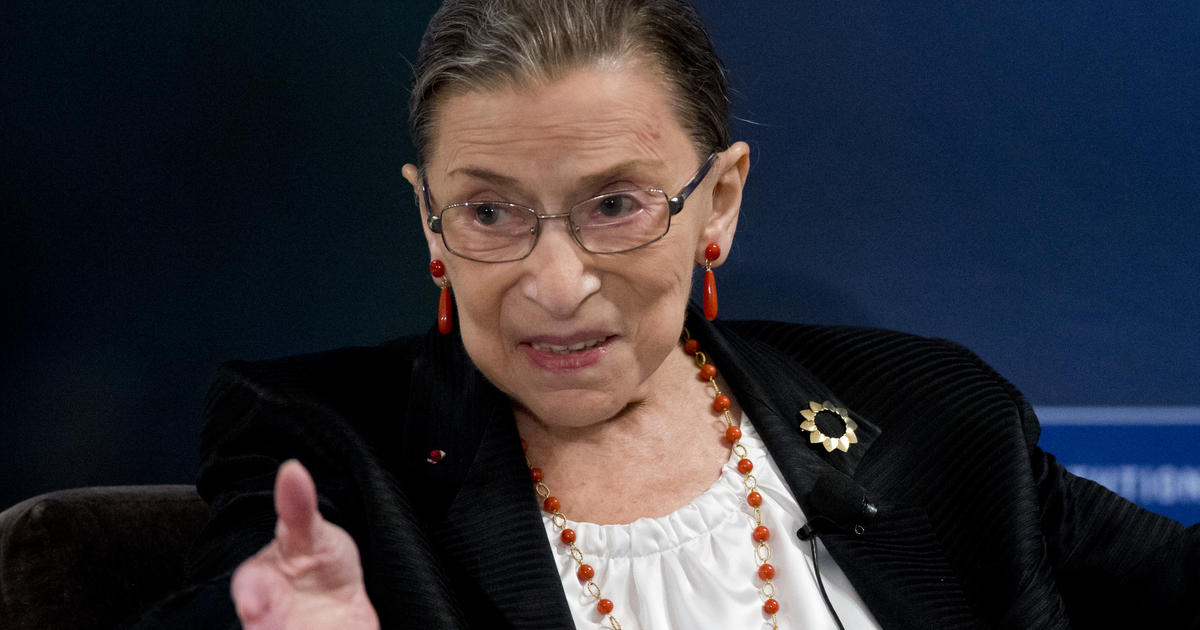Documents from the Bill Clinton presidency that were publicly released Friday reveal the administration’s strategy — and the challenges top aides encountered — in readying Ruth Bader Ginsburg for her Senate confirmation hearing after her nomination for Supreme Court.
One document gives aides suggestions for prepping Ginsburg, saying the nominee had “incredible powers of recollection” and “will clearly know all of the law” but was a “very slow answerer” whose answers were “typically shorter than the questions.” The memo tells aides to ask her short practice questions leading up to the hearing, since Ginsburg was reportedly worried that if questions were presented too quickly, she would forget to address everything.
Perhaps most interesting, though, was a 1993 memo entitled “Performance Pitfalls” — sent to David Gergen by Ron Klain, who went on to become Vice President Joe Biden’s chief-of-staff. In the memo, Klain describes Ginsburg’s “disdain for the confirmation process,” “failure to reassure in answers,” and “style problems.”
Klain writes in the memo that Ginsburg had “trouble addressing larger issues and speaking to core values,” and says that she nitpicked those who questioned her rather than attempting to “reassure” them. He further writes that her “failure to make eye contact, her halting speech, her ‘laconic’ nature” was “not helpful.”
At the time, Klain was in charge of the president’s judicial nominations and Gergen was counselor to the president.
“You should be cautious in dealing with her on these and other points,” the Pitfall memo concludes. “Judge Ginsburg views the White House’s interest and her interests as being at odds with each other: she sees us as having a stake in presenting her as a moderate and in getting along well with the Senate; she sees her interests as ‘being herself, ‘ preserving her ‘dignity’, and promoting her ‘independence.'”
Ginsburg, who ended up being confirmed in the U.S. Senate by a 96 to 3 vote, has recently been championed by liberals for her 35-page dissent to the Hobby Lobby decision.
The documents were released by the National Archives as part of a larger release of around 20,000 pages of Clinton records that have been gradually opened to the public since February. The papers are currently stored at the Clinton Presidential Library in Little Rock, Arkansas.
Other documents released Friday outline the confirmation strategy for Justice Stephen Breyer to the Supreme Court, details about Al Gore’s 2000 campaign, and consideration of military intervention in Haiti in 1994.
